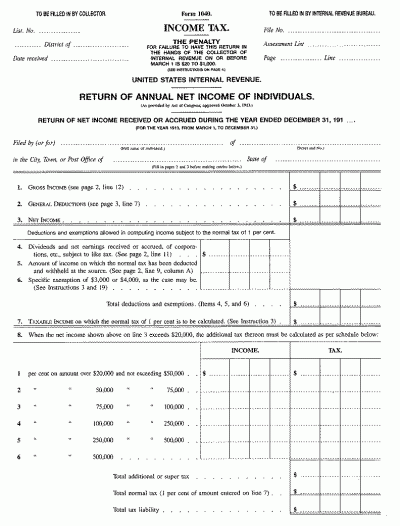I know this has been discussed elsewhere, but I cannot put my fingers on it. Having just completed year 1 of retirement and done my first Roth conversion, I still bang around the pros/cons of Roth conversions vs IRA distributions. I am fortunate to have choices as to where I pull my withdrawals. At 58, DW and I can live on after tax accounts until 75 and do Roth conversions or save those $$ and live off tax deferred accounts. Here is what I am still trying to sort out...
Live off after tax/Roth conversions: This would lower/control taxes to some degree and would allow more Roth conversions (fill up 24% bracket). It would also in theory reduce the naturally occurring interest/dividends/capital gains since I am spending from my after tax accounts. More in Roth means better scenario for heirs and single spouse. Also, if you think taxes will higher in future (I do) more in Roth makes sense?
Live off tax deferred: This would be a combination of planned spend + smaller Roth conversion staying in 24% bracket. This would help deplete my tax differed accounts quicker lowering my RMD, however, my naturally occurring interest/dividends/capital gains would probably creep up since the after tax account would be left to grow. At the same time, my heirs would get a stepped up basis on this account.
I suppose I am just scratching my head wondering how anal I should get on one strategy vs the other

? It seems if nothing else, I should do Roth conversions filling up the 24% bracket until 2025 then reevaluate but not sure how much of a dent that will make. . Frankly, I'm exposed to higher taxes by RMDs in either case. First world problem, not complaining, just trying to be prudent.

